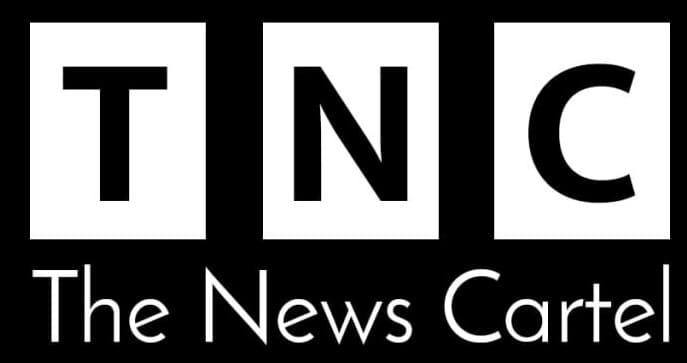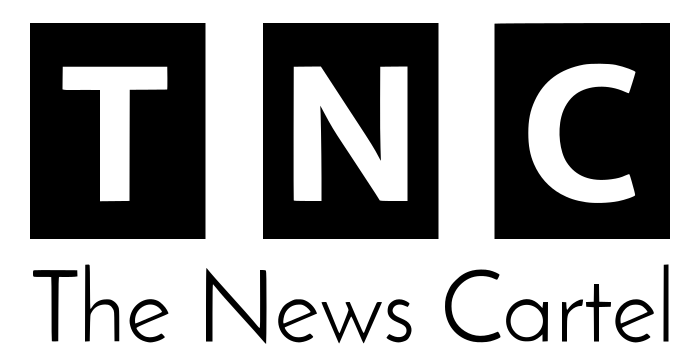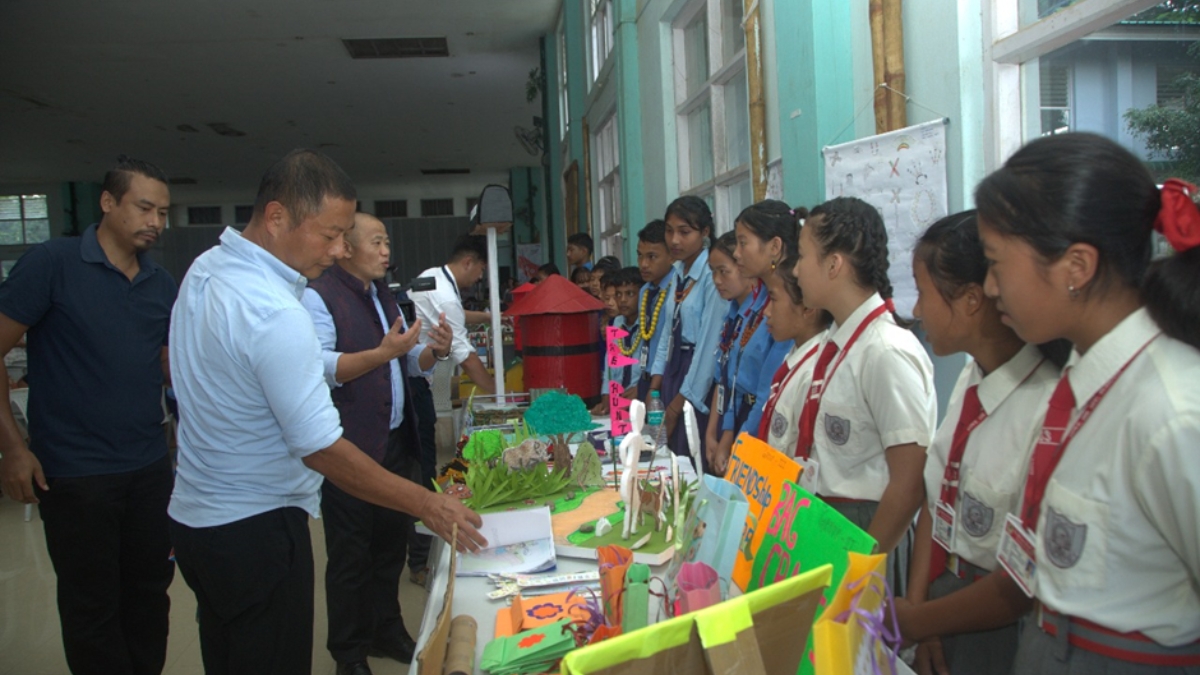Dr Kekhrielhoulie Yhome, Honourable Advisor, School Education and SCERT, Government of Nagaland, interacting with students at the PBL Fair in Dimapur
Dimapur (Nagaland) [India], October 17: The Department of School Education (DoSE) and Samagra Shiksha, in collaboration with the Education Above All Foundation, Mantra4Change, NagaED, and ShikshaLokam, hosted the first-ever Project-Based Learning (PBL) Fair, Nagaland, today in Dimapur. The event showcased the creativity and innovation of over 80 schools from Dimapur, featuring exhibits by 160 teachers, 320 students, and 50 school leaders who implemented PBL projects.
The fair was graced by Dr Kekhrielhoulie Yhome, Honourable Advisor, School Education and SCERT, Government of Nagaland, as the Chief Guest, along with senior officials from the state, district, and block levels.
Through project displays, storytelling sessions, and student interactions, participants demonstrated how concepts in English and Mathematics were brought to life, from designing Naga-inspired shawls that integrated art and math to setting up mini-stores that helped students apply multiplication in real-world contexts.
The fair also featured recognition of outstanding teachers and schools, dialogues on classroom innovation, and cultural performances celebrating the state’s vibrant learning ecosystem.
The fair offered a glimpse into how classrooms across Nagaland are weaving local culture into modern learning practices. At one of the exhibits, Petsula Atsula, a Class 5 student from GMS Kuda, Dimapur Urban, explained how everyday life has become part of her lessons, “Learning fractions was hard for me at first. But when my teacher taught it using Naga shawls, it became much easier! She showed us how the shapes on the shawl can be turned into fractions, and then asked me to make my own shawl from a fraction. I brought the shawl design I made to the PBL fair today!”
The PBL Fair marks a significant milestone in Nagaland’s education journey, one that has steadily evolved from strengthening foundational literacy and numeracy to fostering inquiry, creativity, and problem-solving in classrooms.
During his keynote address, Dr Kekhrielhoulie Yhome, Honourable Advisor, School Education and SCERT, Government of Nagaland, said, “We need to bring 21st-century skills into our classrooms. So far, we have focused on improving language and numeracy at the micro level, but now it’s time to think bigger. The PBL fair in Nagaland truly shows how project-based learning is transforming education here. I am very happy to see our students engage, experiment, and excel. With the support of organisations and educators, we can empower every child in Nagaland to build their own future.”
Also present at the event were Smt. Bijano Murry, Joint Mission Director, Samagra Shiksha; Shri. Kelhika Kenhe, Deputy Mission Director, Samagra Shiksha; and Smt. Jeevika Kiba, District Education Officer, Dimapur.
The jury panel, comprising experts from SCERT Nagaland — Vepilu Chuzho, Lipoknukshi Jamir, and Lichumbeni Kikon, evaluated the projects showcased by students and teachers.
Innovative Learning through Projects
Project-Based Learning (PBL) is an innovative, student-centred pedagogy that moves beyond rote memorisation, encouraging students to explore real-world challenges, collaborate with peers, and apply classroom knowledge in meaningful contexts.
The PBL program is designed to develop problem-solving, critical thinking, and 21st-century skills among students, preparing them to thrive in an evolving world. The initiative responds to a pressing educational challenge: as per ASER 2024, only 27.1% of Grade 5 children in Nagaland’s government schools can read a Grade 2-level text, and only 12.7% can perform division. According to NAS 2021, the state’s average performance stands at 53% in Language and 35% in Mathematics.
In Nagaland, the Department of School Education (DoSE) and Samagra Shiksha, in collaboration with Education Above All, NagaED, Mantra4Change, and ShikshaLokam, introduced PBL in 2025 as part of their continued effort to improve teaching-learning practices and student engagement. The pilot was rolled out in two districts – Dimapur and Kiphire, targeting Grades 4 and 5 in English and Mathematics.
To understand the existing learning landscape, a dipstick study was first conducted among 50 students from each Grade 4 and 5 in both districts, assessing competencies in English and Mathematics. The findings from this study guided the design of 16 curriculum-aligned projects —
- 4 projects each in Language and Mathematics for Grade 4, and
- 4 projects each in Language and Mathematics for Grade 5.
Each project was mapped directly to the Nagaland State Textbooks, ensuring contextual, experiential learning that teachers could easily integrate into their classrooms.
Teachers, school leaders, and block officials were oriented in July 2025, followed by the first phase of implementation in August. The pilot program is currently underway in Dimapur and Kiphire, reaching 3,000 students, 400 teachers, and 200 schools. The proposed scale-up plan envisions expanding to 11 districts, 1,500 schools, 2,500+ teachers, and 17,800+ students.
Santosh More, Co-Founder, Mantra4Change, said, “Our work in Nagaland reflects what’s possible when teachers, leaders, and partners come together around a shared vision for change. Through Project-Based Learning, we are not just introducing a new pedagogy; we’re enabling Education Leaders to lead transformation from within the system. The collective effort behind this initiative shows how sustained collaboration can strengthen public education at every level.”
Partnerships Driving Systemic Change
The PBL initiative is part of a broader transformation journey led by the Department of School Education (DoSE) and Samagra Shiksha, with Education Above All Foundation serving as the funding and knowledge partner, and Mantra4Change/ShikshaLokam as the implementation partner.
Together, these partners are building state-wide capacity for experiential learning, empowering teachers, strengthening academic mentoring systems, and creating a culture of continuous improvement and collaboration within schools.
This PBL initiative is one of many micro-improvements implemented under Shikshagraha, a people-powered movement to improve all public schools in the country, through collective action and local leadership. Shikshagraha aims to bring together all the stakeholders from Samaaj, Sarkaar, Bazaar and Sanchaar to drive change on the ground and reimagine what India’s public schools can and must deliver.
Towards a Future-Ready Education System
Aligned with the National Education Policy (NEP) 2020 and NIPUN Bharat, Nagaland aims to ensure that every child achieves foundational literacy and numeracy (FLN) by 2027, while also developing critical 21st-century skills – creativity, communication, collaboration, and critical thinking.
The PBL Fair reaffirms Nagaland’s commitment to “strengthening project-based learning and micro-improvement across the state,” setting the stage for the next phase of educational reform – where learning is joyful, contextual, and deeply meaningful.
If you have any objection to this press release content, kindly contact pr.error.rectification@gmail.com to notify us. We will respond and rectify the situation in the next 24 hours.


